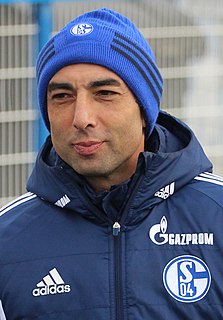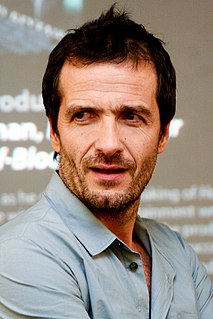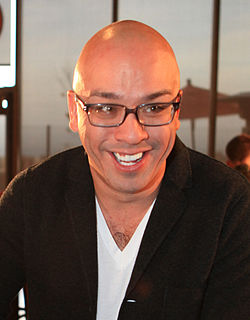A Quote by Shirley Ballas
When I moved to L.A. I was single and didn't want to be on my own.
Related Quotes
I like stories that begin with characters. I like to be engaged and moved by the characters in the story. I want to be moved. I want to leave the cinema and think about what I've seen. My sensibility is quite eclectic and it doesn't matter if they are small or large films, I just want to make good films.
The audience. They see the name Mel Brooks, they want something really funny. They don't want to be moved; they don't want to be taught any lessons. [...] I get more letters for ?Twelve Chairs ?and ?Life Stinks? than I get from any other movies, because people actually agree with the philosophy, or were moved, or they love the movie.
Just take yourself back to September 2001. As that month went on, and as that autumn unrolled, everybody wanted to do something. How can I help? Do you want my blood? Do you want money for the victims? I was a captain in the Marine Corps. I knew what I could do. I was right there. I was ready. I saw it. I moved the rubble with my own hands.
A lot of what I've had produced are plays, and I just don't want to do that. It's different than a movie, where you only have to act the scenes the one time, and you have other collaborators helping you make it better, so you don't feel as obsessed with your own mind. Plays you have to do every single night, and the thought of that is agony to me. There are days when you hate your own work, and you don't want to be confronted with that, have it coming out of your mouth or listening to somebody else say it to you. There are days you want to leave the theater and get a drink.
When I first moved to Austin in January of 2000, I went out drinking and smoking every single night for a year. And it was really fun at first, but then I started to feel kind of weird because, before I moved here, I had a vision of myself becoming a new person once I lived in Austin. I just hadn't realized that person might be Nick Nolte.
My family, before the divorce, moved several times, and after that we moved a whole bunch more times, and so I don't have an anchor to a single place. Probably as a result of that, I'm a little more attenuated to when people do feel close identification to place, whether they say it out aloud or not. I think that there's a sort of local patriotism that is deeper than national patriotism.







































